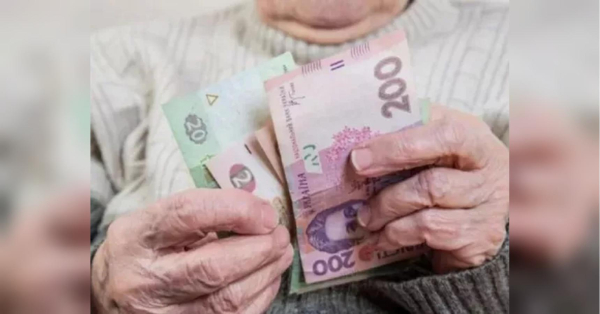
JERUSALEM — Israel's highest court said Wednesday it will hear legal challenges to a divisive new law that weakens its power, putting the country's top justices in the position of defending their own independence and escalating a political crisis that has unleashed the country's biggest protests in history.
Israeli civil society groups and others filed petitions asking the Supreme Court to strike down the law enacted Monday — the first major piece of legislation in Prime Minister Benjamin Netanyahu's broader plan to overhaul Israel's judiciary.
The opposition's legal challenges are pushing Israel toward a showdown over the foundations of its system of government.
The court faces massive public pressure to strike down the law and has an inherent interest in preserving its powers and independence. But if it does so, Netanyahu's government could ignore the ruling, setting the stage for a crisis over who has ultimate authority.
“If there is no judicial review, it means the Knesset has total power,” said Amir Fuchs, senior researcher at the Israel Democracy Institute, a Jerusalem think tank.
Critics of the overhaul describe it as a blow to democracy, arguing that Israel’s judiciary represents the primary check on the powers of the prime minister and his majority coalition in parliament.
The supporters of Netanyahu's far-right, ultra-Orthodox government say the law will prevent liberal, unelected judges from interfering with the decisions of elected lawmakers. They also say the court should not be able to rule on a law limiting its own authority.
“To have the court decide its own powers by itself, that’s not separation of powers,” Simcha Rothman, a right-wing lawmaker spearheading the overhaul, told The Associated Press. “That’s not democracy.”
Hundreds of thousands of Israelis have poured into the streets to protest against the plan for the past seven months.
The overhaul also has drawn concern from Israel's closest allies. The Biden administration called the outcome “unfortunate,” and the European Union said Wednesday it was “following the developments in Israel closely and with concern.”
The United States and EU have expressed fears that pushing through the judicial overhaul in defiance of mass popular resistance could undermine what the countries routinely describe as their shared values.
“It is important that the core values on which our partnership are based are preserved,” the EU said.
Israel has no constitution, relying instead on a set of “basic laws” that enshrine rights and freedoms. The prime minister governs through a majority coalition in parliament — in effect, giving him control over the executive and legislative branches of government. As a result, the Supreme Court plays a critical oversight role, a safeguard against corruption and overtly political appointments of unqualified candidates to important jobs.
The law passed Monday strips the Supreme Court of its power to block government actions and appointments on the basis that they are “unreasonable.”
The Supreme Court did not issue an injunction on Wednesday, as petitioners had asked, but said it would hear challenges to the new law after the Knesset returns from recess in September. It asked the law’s defendants to submit a response at least 10 days before the preliminary hearing.
The Movement for Quality Government in Israel, a good governance group, said in its petition that the law undermines Israel’s core values as a democracy, and that it was passed through a flawed legislative process.
“We will appear in the Supreme Court to defend Israeli democracy and we will do everything we can to stop the coup,” Eliad Shraga, the group’s chairman, said on Wednesday.
Netanyahu’s allies have vowed to press forward with more judicial changes after the parliamentary recess. Another planned bill would give the parliament control over how judges are appointed.
The opposition party, Yesh Atid, along with pro-democracy groups, have filed a separate petition asking Justice Minister Yariv Levin to convene the powerful committee that picks the nation’s judges.
Both the governing coalition and the opposition traditionally are represented on the nine-member committee. But proponents of the overhaul have sought control of the committee, drawing accusations that Netanyahu and his allies were trying to stack the judiciary with cronies.
The opposition sees Netanyahu’s attempts to delay the committee’s formation as a backhanded way to enact part of the judicial overhaul without political consensus.
With Israel in turmoil, its credit rating was downgraded this week, with agencies warning that the fallout from the judicial overhaul could make the country less attractive to foreign investors.
“What's happening now is just a fraction of the economic damage we are set to experience in the long run,” said Yannay Spitzer, economist at Israel’s Hebrew University.
__
Associated Press writer Julia Frankel in Jerusalem contributed to this report.
Sourse: abcnews.go.com






